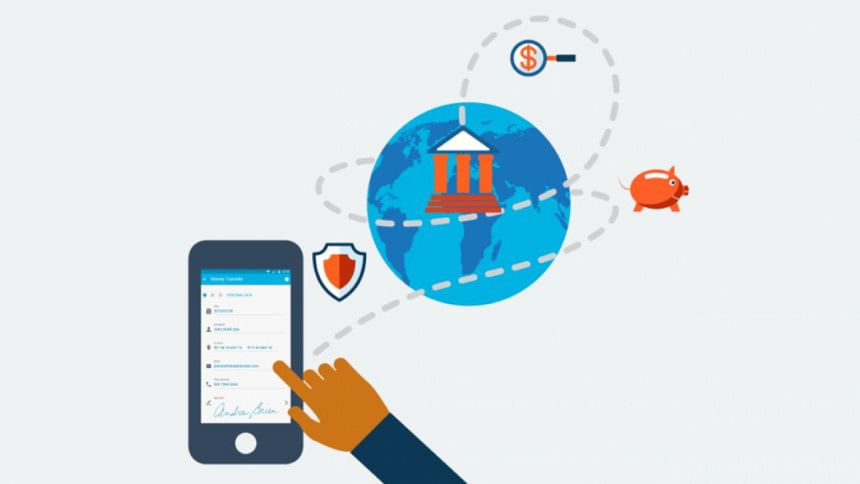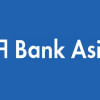A third of the people financially excluded

Bank Asia and the World Savings and Retail Banking Institute (WSBI) recently hosted a three-day event to share ideas on how banks and other financial institutions may bring more than a third of the population under the sector's financial umbrella. Impediments in terms of poor regulations, disinterest in the banking community to offer financial products catering to those who now fall outside the existing client base and the existing system of coming up with collateral for loans are major stumbling blocks for the rural populace that need to be addressed. We learn from a survey carried out back in 2016 that 18 percent of people aged over 15 have accounts with banks, but then, 22 percent are simply "unbanked".
Since banks have so far not shown enough enthusiasm to reach out to prospective rural customers, 32 percent of the people turn to the informal financial sector. And this scenario is unlikely to change unless the transaction cost in banks is reduced and there is a regulatory framework in place to bring this vast segment of the population under the fold of financial inclusivity.
We understand the need for banks to be profit-driven; the banking sector needs to find alternative business models to reach out to rural customers where the target populace is largely cash-dominant, where financial literacy is also low. While policymakers can help with a separate regulatory regime designed to bring these people under the banking system, financial institutions need to introduce technology-driven solutions to get their products to rural clients that would not require heavy investments in costly infrastructure. Banks may also use non-traditional distribution channels such as NGO networks and the post office to disburse loans.

 For all latest news, follow The Daily Star's Google News channel.
For all latest news, follow The Daily Star's Google News channel. 







Comments